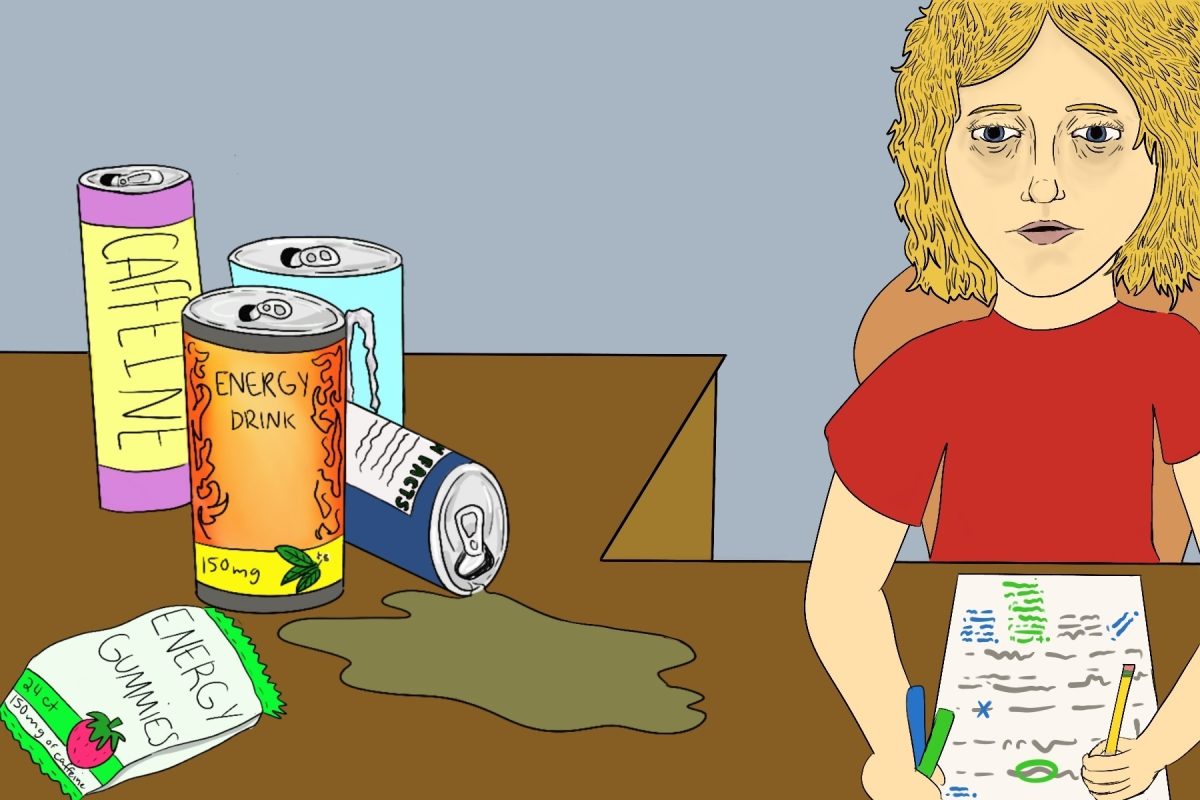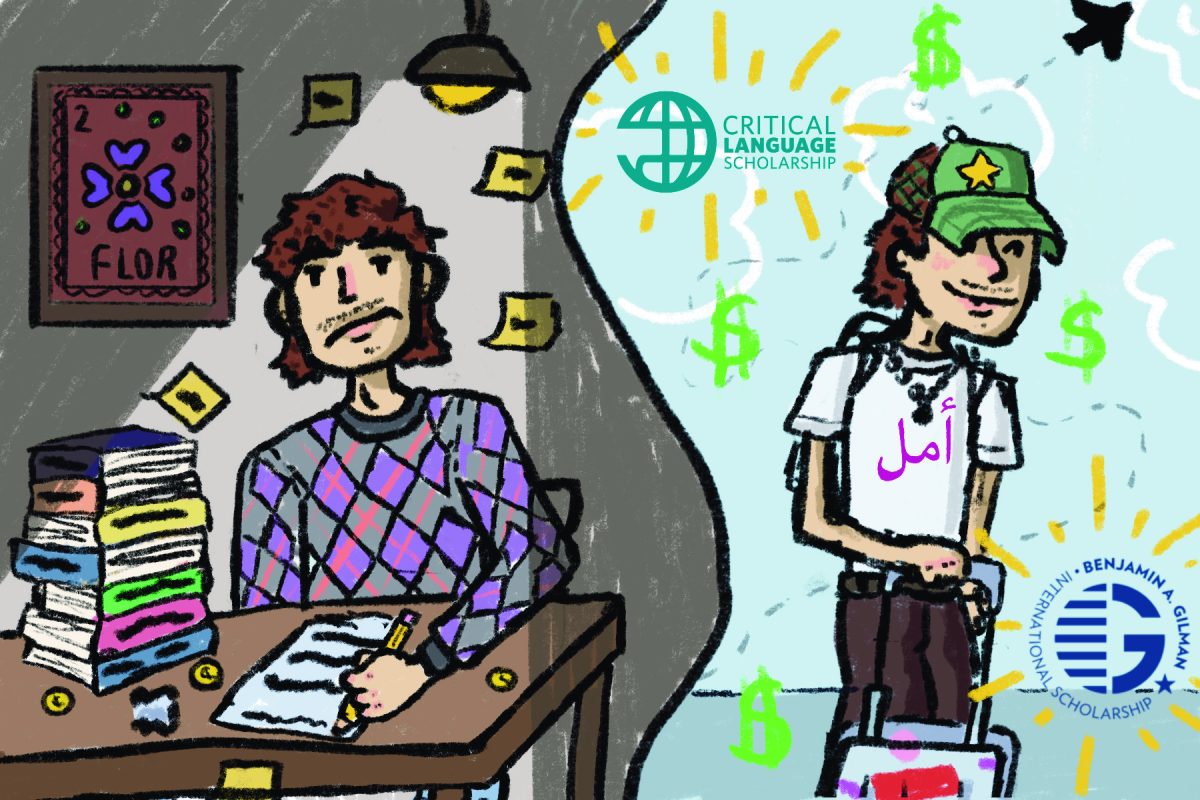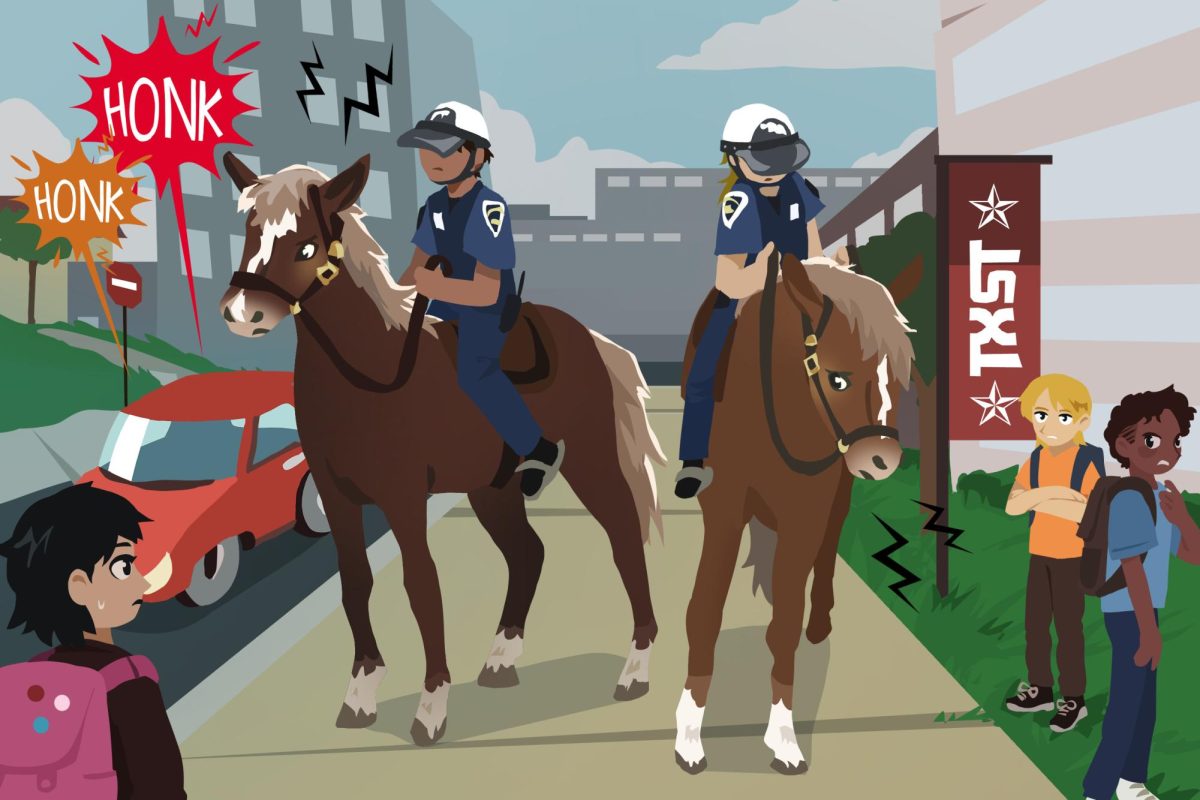University lifestyle inevitably leads to early mornings and sleepless nights, and energy drinks have become a staple on college campuses. What seems like a harmless staple, however, can lead to a dependence on caffeine. With potentially harmful effects on physical and mental well-being, students should learn to rely less on caffeine for energy, looking toward other avenues to keep up with their schedule.
Caffeine is a tried-and-true method of fighting off drowsiness. The stimulant essentially forces the brain into producing chemicals that promote wakefulness, temporarily masking any feelings of tiredness. Along with keeping the user awake, caffeine also serves to increase alertness.
The combination of these effects makes caffeine a useful tool for any student. Unsurprisingly, studies published in the Journal of Prevention and Nutrients found college students consumed significantly more energy drinks compared to the rest of the population. The need for this kind of stimulant is widely recognized, as the demands of higher education might seem impossible to handle without any kind of boost.
The issue arises when students grow reliant on the substance, depending on caffeine to keep them awake throughout the day. Though caffeine hasn’t been proven to be addictive, caffeine dependence is a clinically recognized disorder in the current Diagnostic and Statistical Manual of Mental Disorders (DSM-5). The DSM-5 also recognizes caffeine-induced anxiety disorder and caffeine-induced sleep disorder, finding it can have adverse effects when consumed in excess.
Most sources, including the FDA and the Mayo Clinic, have set 400 milligrams of caffeine daily as the threshold for healthy adults, meaning it would only take two to three energy drinks to pass this limit. Further, as everyone’s tolerance to the stimulant varies widely, one’s personal limit could be higher or lower.
Caffeine consumption has shown direct correlations with multiple undesirable health effects. Studies by the Journal of Caffeine Research and the Cureus Journal of Medical Science found that higher levels of caffeine consumption reflected higher reports of mental illness diagnoses and depressive symptoms. Unhealthy changes to appetite, sleep schedule and mood were all seen in students with high caffeine consumption.
Beyond mental health, caffeine took its biggest toll on students’ sleep schedules. The same studies found even just a few caffeinated drinks every week could have extraordinary effects on students’ sleep schedules. The resulting sleep deficiency has repeatedly been linked to chronic health problems, altered moods and poor professional performance.
A study from the Journal of Primary Prevention found a correlation between higher caffeine intake and lower GPAs. The tiredness ensuing from a lack of sleep hampered students’ academic performance. Additionally, the headaches and fatigue from caffeine withdrawal were also shown to negatively affect students’ performance.
Regardless of any potential harm, needing extra boosts of energy is a simple truth for college students. Caffeine is perfectly safe and has benefits when used in moderation, but alternatives are necessary to avoid having too much.
When trying to avoid too much caffeine, sleep doctors primarily recommend two remedies to fight off drowsiness: exercise and water. Even just a quick walk during study breaks can help students find the energy needed to finish a night of studying. Instead of energy drinks, drinking sufficient water throughout the day is a consistent way of preventing fatigue.
Exercise and water are not the only alternatives to caffeine-based drinks, however, and college campuses should do a better job of informing students about ways to avoid tiredness. Students should be informed about the proven effects of drinking too much caffeine. Cutting back on how many and the types of energy drinks sold on campus is also an option worth exploring.
Caffeine can be a useful tool, but students should not feel the need to rely on any kind of substance. Even so, caffeine is ingrained into the college lifestyle, and students need to know how it might affect them. Learning to rely less on caffeine might be a difficult step to take, but for the benefit of students everywhere, it needs to be considered.
-Samuel Marentes is an English junior
The University Star welcomes Letters to the Editor from its readers. All submissions are reviewed and considered by the Editor in Chief and Opinions Editor for publication. Not all letters are guaranteed for publication.































